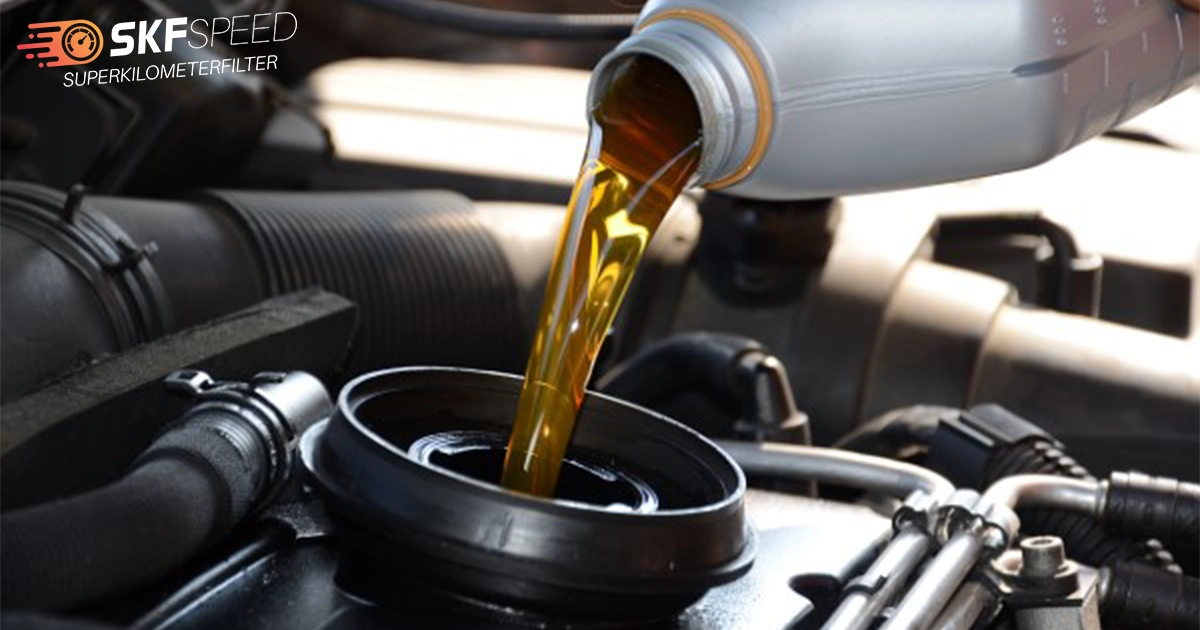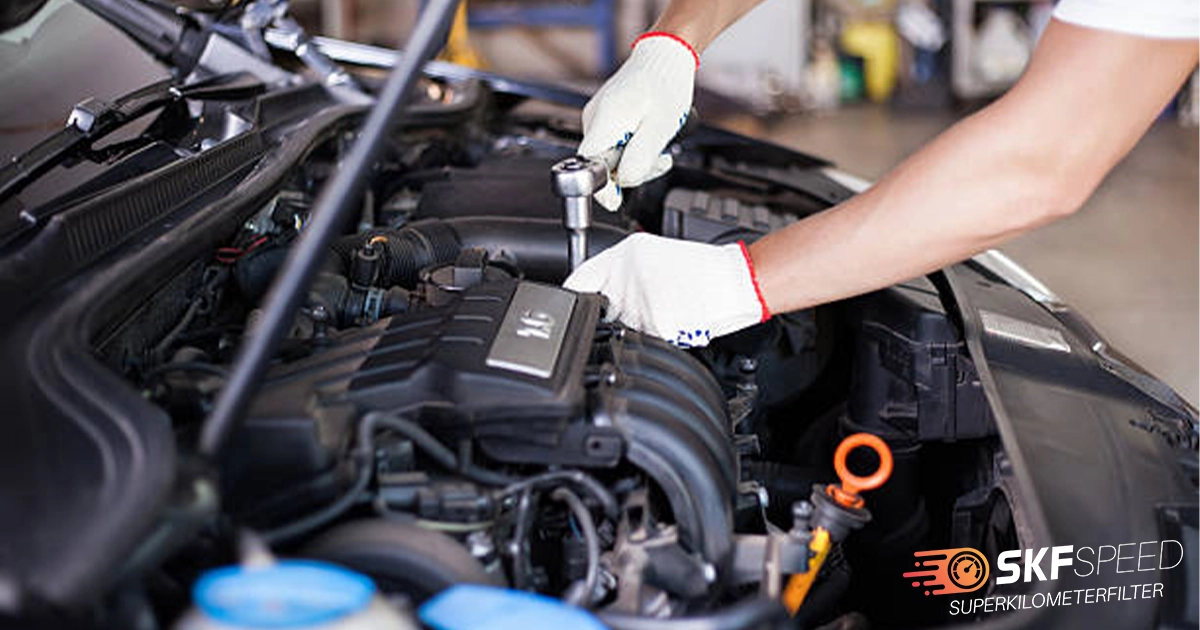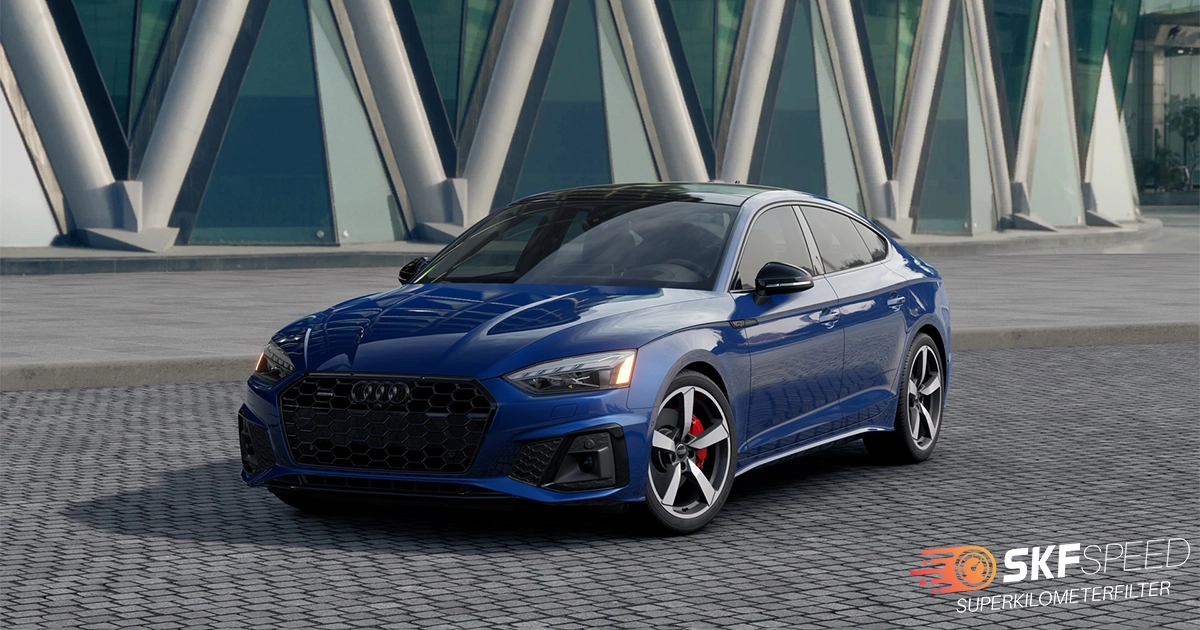
High mileage synthetic oil is a specially formulated oil type for older engines. It extends the life of the engine, prevents possible breakdowns and provides extra protection. Surely, the fact that it is very reliable and special kinds of oil doesn’t mean that it is beneficial for all engines. As a car owner, you should determine when it is more convenient and when it is better to use conventional or plain synthetic oil. What do we call a high-mileage vehicle? What high mileage is for one car is not the same for another. The average vehicle age has been increasing in recent years; passenger cars last 12 years on the road in the USA. Earlier, 200,000 miles and 10 years were considered a lifespan, but nowadays we can say that if we take the car maintenance and care seriously, the car can last much more than that. Quality lubricants are also part of the quality maintenance.
In the blog below, we will try to answer all major questions regarding the high mileage full synthetic oil. Still, before we go deeper, we will need to discover exactly what it is and what we consider a high-mileage automobile.
High mileage synthetic oil is a lubricant formulated for vehicles with higher mileage, over 75,000 miles. The oil addresses issues such as an ageing engine, oil leaks and inefficient oil consumption. Consider that this type of oil is not the panacea for severe engine problems such as mechanical faults; however, it is an effective solution for old engines that need extra protection due to their age.
You come across this oil from many brands on the market, but you may have trouble choosing between them because you don’t know how to read the description and decipher it. You will spot these letters and numbers: 5w, 5w20, 5w30. Let’s take one of them and decode each letter and number. Let’s take –5w30
In this example, “30” indicates oil viscosity at normal engine operating temperature (about 100°C). It gets a little thick, but not too sick, remains stable and protective.
As we already mentioned above, high mileage full synthetic oil is mainly recommended for high-mileage vehicles. But which mileage do we consider high?
In the following paragraph, we will discuss high-mileage cars in more detail.

It’s important to consider that two or more cars with the same high mileage milestone are not in the same condition and don’t have the same maintenance needs. Different factors determine when to change components or lubricants, such as high mileage synthetic oil. The following are the factors:
Some automotive manufacturers design vehicles that can last a lifetime. Toyota, Honda, and Ford automobiles are genuine leaders in longevity. Statistics speak volumes. According to iSeeCars, Toyota has a 17% chance of lasting more than 250,000 miles, while Honda has 13.6%. As their executive analyst says, modern vehicles are proving that the old 100,000-mile milestone is no longer the maximum for longevity.
It is very important what types of mileage are accumulated, city or highway. Highway miles are usually less stressful on the engine and transmission due to steady speeds, which causes less wear on brakes, suspension, and transmission. While city miles is related to frequent stopping and a lot of idle time, which in its way causes carbon buildup, oil degradation, oil may be degraded quicker than expected.
Primarily, regular maintenance is related to timely oil and fluid changes. Following the 30-60-90 maintenance schedule and the manufacturer’s recommendation is crucial. For example, after 75,000 miles, it is highly recommended to use high mileage full synthetic oil, which will reduce your vehicle’s engine wear, lessen leaks, protect ageing seals, and improve lubrication.
In an extremely cold climate, oil gets thicker, lubrication becomes slower, and battery strain increases engine wear. In a hotter climate, oil breaks down quickly, and the cooling system is stressed. So, in a cold climate, the recommended type of oil is one with a lower “W” rating, while in a hot climate, higher viscosity oil is better, surely.
High mileage synthetic oil is crucial for your vehicle, typically over 75,000 miles, for better protection and improved engine lifespan. Here are the following aspects why this type of oil is vital:
Longer engine lifespan – Engine components experience more wear and tear as the car gets older. High-quality lubricant maintains its viscosity, which means it reduces metal-to-metal contact and lessens the ageing of engine components.
Handles high temperatures in the engine better – In older engines, components often run hotter because of increased friction and carbon buildup. Synthetic oil can resist thermal breakdown; it doesn’t evaporate easily because of the heat. It helps avoid oxidation and sludge, which is a very common problem when an old engine consumes conventional oil.
Performs better in cold starts – the first few seconds of the car starting is when most engine wear happens, especially in colder climates. At low temperatures, conventional oil usually gets thicker, while synthetic oil keeps the same structure and is more resistant to weather conditions.
Extended oil life – High mileage full synthetic oil fights against oxidation and handles high operating temperatures, meaning it won’t thicken or break down in the same way as conventional oil. Older engines in older cars usually burn more fuel because of worn-out seals. High-quality synthetic oil has additives that preserve seals in good condition and avoid excessive fuel consumption.

The following trusted brands worldwide are the top in producing high mileage synthetic oil, as they help extend engine life, offering excellent lubrication, maintaining performance, and performing at their best even under tough climate and driving conditions. The data comes from consumers’ ratings and feedback in surveys and forums. In the following chart, there are those brands with the insights:
| Brand & Product | Mileage Protection (Miles Between Changes) | Price per Quart | Consumer Rating (1–5) |
|---|---|---|---|
| Mobil 1 High Mileage | 10,000 | $8.99 | 4.8 |
| Valvoline MaxLife | 7,500–10,000 | $6.79 | 4.6 |
| Castrol GTX High Mileage | 7,500–10,000 | $6.99 | 4.5 |
| Pennzoil High Mileage | 8,000–10,000 | $7.50 | 4.4 |
Insights:
The best way to test your automobile without adding unnecessary miles is to use an advanced tool that doesn’t mess with your car’s system and halt the kilometre recording process. Such a device is on the market and it is the Mileage Blocker from Super Kilometer Filter. The tool is designed to prevent unconditionally stopping miles, which means the mileage information is not stored in any control unit, and no diagnostic testers can trace the mileage that was stopped. Mileage blocker is a reliable and legal tool unless one uses it on public roads. The tool should be used only in a controlled environment. It is outstanding for the following reasons:
You can buy the tools directly from the Super Kilometer website. For additional questions, support and customer service, teams can help you anytime.
High mileage synthetic oil is a must-have lubricant for your automobile if its odometer shows more than 75,000 miles. It will slow down engine wear, provide excellent lubrication and serve much better than conventional oil because of its unique formula. As long as the engine is a core component of the automobile, it’s vital to take care of it in the right way, so you can keep it in the best condition with quality lubricant.







Here you will find all the details about our company
Here you will find shipping and return related information
Here you will find information on all technical questions
Here you will find helpful information about installation